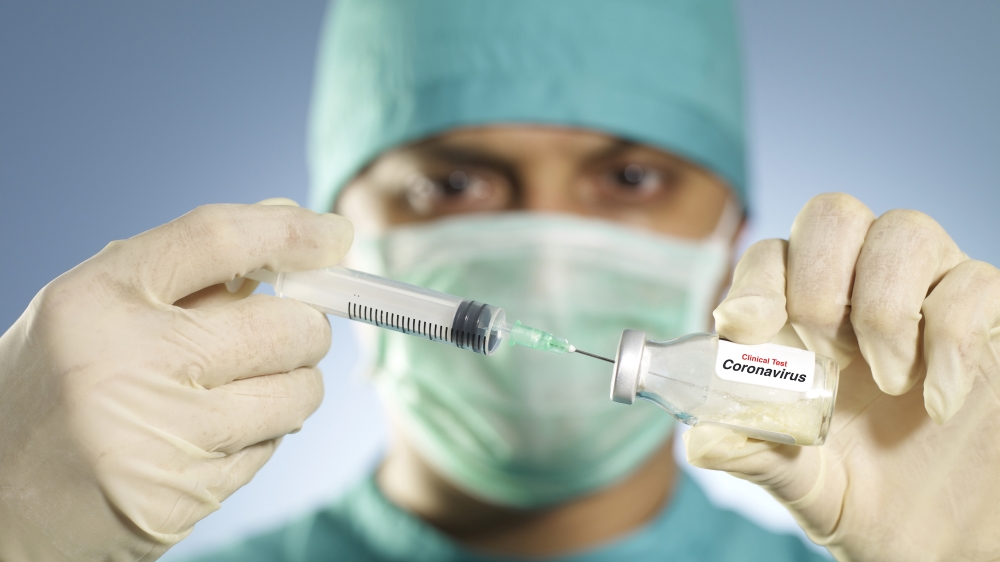
Soon after the SARS-CoV-2 virus emerged in December last year, scientists figured out its molecular structure, and a tremendous amount of work began.
By mid-January, scientists knew what the virus was, understood its genetic sequence, and were able to take that and put it into the vaccine platforms already in existence across the globe.
These are usually done on 30 to 50 people to make sure the vaccine is safe and does not have any unexpected side effects.
This means some people who have initial immunity may need a vaccine after a year if the antibodies do not last that long.
If there is a mutation there, it could make the virus weaker, meaning it would no longer be as efficient at infecting people, or it could make the virus stronger, meaning a vaccine will no longer work.
That is also why, at this point, it is hard to predict if this vaccine will be a universal vaccine, a one-shot, or whether you have to take it every year or two years.
Historically, less than 10 percent of vaccine candidates that go into testing are successful.
It is important to note that even with a successful vaccine, there will be a limited number of doses initially.
Thereafter, manufacturing can be scaled up, and more vaccine candidates tested.
There are also other ways of technology transfer to help benefit large numbers of people.
If we do not get a vaccine, and the virus does not mutate significantly, it could be a case of the virus continuing to go around in circles, infecting people until enough of a population have immunity, or some antibodies that can block transmission.
That is herd immunity, which can be acquired either through a vaccine or through natural infection - but usually, about 60 to 70 percent of people need to have antibodies for this to be effective.
If it gets stronger, it could spread more quickly because it would grow more and make people more infectious.
In the short term, we need better treatments, and things like oxygen to be available in settings where people need oxygen, we need better monitoring and better supportive care.
We need therapeutic options before we have a vaccine, and that can help to save lives.
And until a vaccine is developed and widely available, the public health measures that countries currently have in place to slow down the spread of infection must continue.
At least for a couple of years, until enough people have acquired immunity around the world, we are going to need public health measures, like contact tracing, physical distancing, quarantining, mask-wearing, and hand hygiene.